As part of the Wisconsin Legislature, some rules govern selling and serving alcohol. Below is a list of frequently asked questions and answers concerning Wisconsin alcohol laws. These FAQs are based on rules, regulations, and laws regarding the selling/serving of alcohol outlined in sections 125.68 & 125.51 & Publication 302.
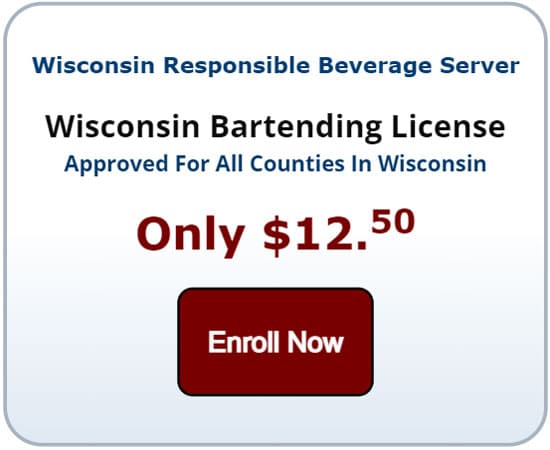
A: No, that law only prohibits the sale of alcohol in its original container for carry out (i.e., a bottle of wine cannot be bought at a restaurant to be carried out).
The law s. 125.51 (3)(a) and (b) require that alcohol be sold and consumed on the licensed premises, meaning that alcoholic beverages may not be sold in “to-go” containers to be consumed elsewhere.
Q: If I have lost my alcohol-serving license after completing the Wisconsin alcohol-serving course, who should I contact for a replacement?
A: To receive a replacement, you must contact the training provider vendor where you took the class online or get a copy from the municipality that issued the license. Do not contact the Wisconsin Alcohol and Tobacco Enforcement as they do not maintain training certificates or licensing records for the Responsible Beverage Server Courses.
Q: If an underage person, someone under the age of 21,
A: Yes, if a person under the age of 21 is accompanied by their parent or guardian over the age of 21, they may be served/sold/consume alcohol
Q: If an underage person can be served alcohol in a bar in Wisconsin if their parent or guardian accompanies them, does the underage person or the parent or guardian need to be a Wisconsin resident?
A: No, the law applies to anyone drinking in a Wisconsin establishment licensed to serve alcohol.
Q: Does this same law, which allows an underage person to drink, apply if the underage person is at home with their parent or guardian?
A: Yes, if the underage person is with his/her parents of legal drinking age, then the underage person may consume alcoholic beverages.
Q: If an underage person is between the ages of 18-20 and thereby no longer a minor, is it true that they can no longer drink or be served even if a parent accompanies them, and that only underage persons under the age of 18 can drink with their parents?
A: No, underage persons may be served/consume alcoholic beverages if accompanied by their parents, regardless of the age of the underage persons.
Q: Are designated drivers under the age of 21 allowed to be on the premises of a bar?
A: Yes, a designated driver under 21 is allowed on the premises but must be with a parent, guardian, or spouse of legal drinking age.
Q: Is it true that 24 hours before your 21st birthday, you can purchase and consume alcohol legally?
A: You may not legally drink/purchase alcoholic beverages or be on a Class B premises (with certain exceptions) until age 21.
Q: Are there any laws or regulations prohibiting patrons from bringing their infant into a bar while drinking?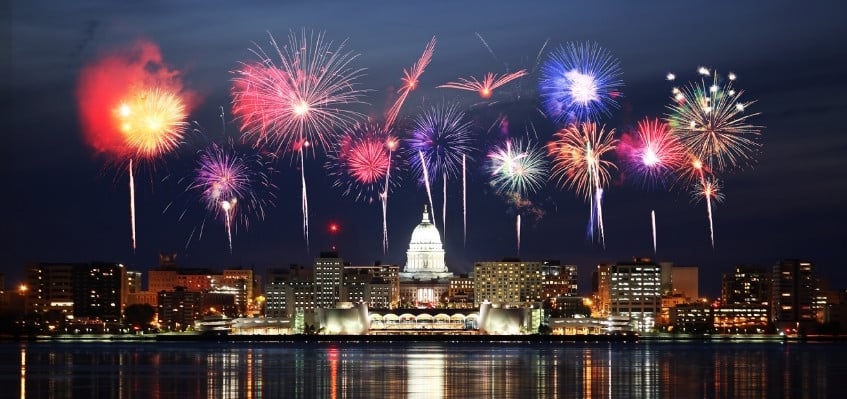
A: There is no state alcohol beverage law (anyone under the legal drinking age may enter a bar if accompanied by a parent or guardian of the legal drinking age), but individual house policies may prohibit it.
Q: In Wisconsin, can funeral homes/parlors obtain liquor licenses?
A: Most likely not. To get a Class B liquor license, the premises must comply with restaurant sanitation requirements. 125.68 (5). In addition, they cannot get a Class B liquor license without also holding a Class B beer (s. 125.51(3)(f)). There are prohibitions on the types of businesses allowed on Class B premises—funeral homes are not among the businesses that are allowed.
Q: At a bar’s closing time, no alcohol can be served, and everyone needs to leave. Who is allowed to stay on the premises after closing time?
A: Only bona fide employees performing work functions are allowed on premises after closing hours.
Q: If I have an individual who runs a winery and sells wine, must anyone selling the wine have an operator’s license if the owner is not present?
A: If the sale is being made under the winery’s retail license (Class A or Class B), the person selling the wine must either hold an operator’s license or be 18 years of age or older and working under the immediate supervision of someone holding an operator’s license, this is the same requirement of any retailer making sales.
Q: At what time do bars have to be closed on the day that Daylight Savings Time begins, as well as the day it ends?
A: Section 175.095(2), Wis. Stats., states that daylight saving begins at 2:00 a.m. on the second Sunday in March and ends at 2:00 a.m. on the first Sunday in November. As such, clocks are set ahead one hour at 2:00 a.m. on the second Sunday in March. Thus, taverns would close at 3:30 a.m., saving daylight time on this date. On the first Sunday in November, the clocks are set back an hour at 2:00 a.m.; bars gain an extra hour and must close at 2:30 a.m. regular Central Standard Time.

A: No; as a licensed retailer, you may only purchase (and possess on your licensed premises) alcoholic beverages (spirits, wine, fermented malt beverages) from licensed Wisconsin wholesalers. The same holds true for cigarette purchases. You may only purchase from a Wisconsin distributor.
Q: If a resident wants to hold a wedding and reception at their home, can they get a picnic license to sell beer at the wedding reception, as they think having free beer may lead people to be irresponsible?
A: There are no provisions for a picnic license except for bona fide clubs, etc. Suggest the resident stop serving free beer at a particular time of night and serve coffee, water, and other non-alcoholic beverages instead.
Q: Is it state law that the people I am in the company of be carded as well as myself when purchasing alcohol from a store?
A: No, it is not a state law, but it may be the house policy of some stores to request an ID for all persons when one person is purchasing alcoholic beverages.
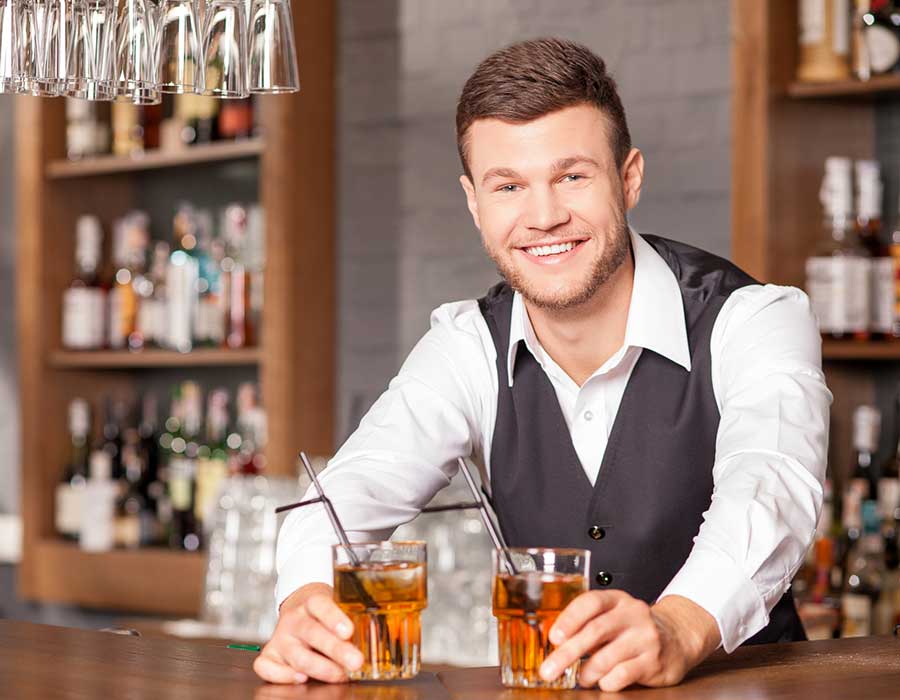
A: Fermented malt beverages are considered beer. Check your retail license; if it says, “For sale of Fermented Malt Beverages,” you can sell these products. If you have a Class A Fermented Malt Beverage license, you may sell them until midnight unless restricted by municipal ordinance. If the product is wine-based, you must have a liquor or wine license to sell it, and if it is wine, it cannot be sold after 9 p.m. if you have a Class A liquor license.
Q: Can someone who holds a bartender’s license and is 20 years old close a bar at night if they are there alone?
A: Yes, if they are licensed as a bartender and have all of the rights/responsibilities associated with that license.
Q: Do you need a liquor license to sell liquor-filled candy?
A: No – The sale of liquor-filled confectionery products is illegal in the state of Wisconsin. Confectionary products that contain more than 0.5 percent of alcohol are considered adulterated and will be removed from sale. These products may not be sold in liquor stores or any other location.
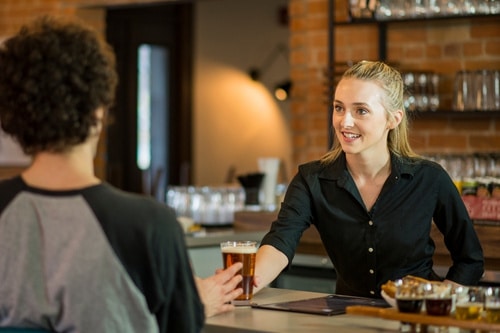
A: Wisconsin law does not provide such an exemption. The premises must be licensed, and regular consumption age laws apply.
Learn more about Wisconsin Alcohol Laws by taking our online Wisconsin Bartender License Course

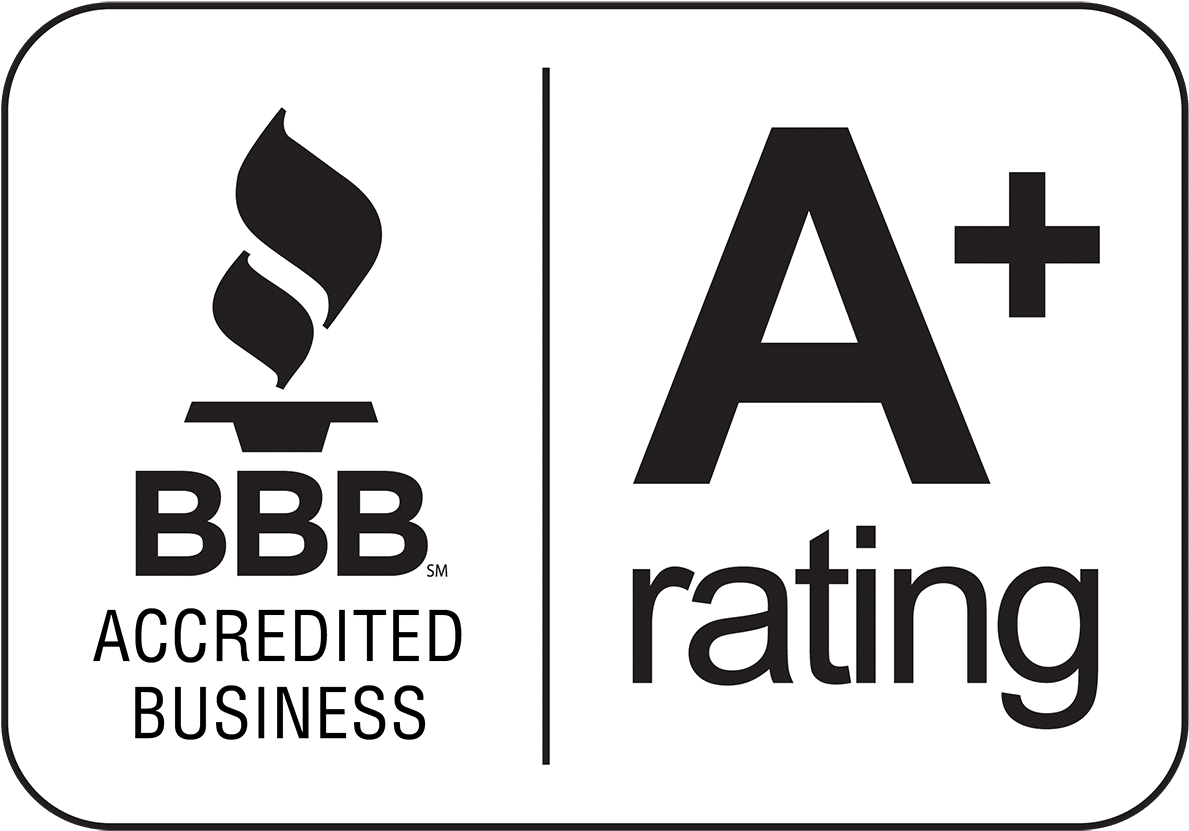
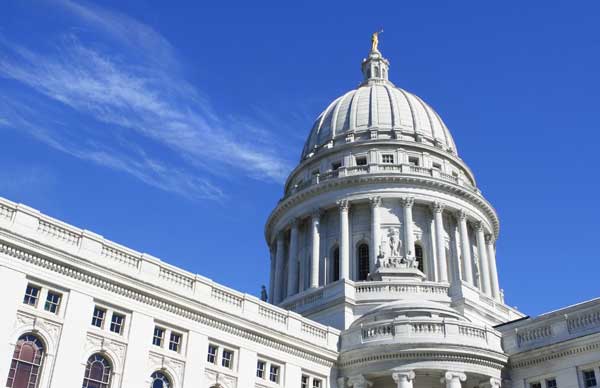
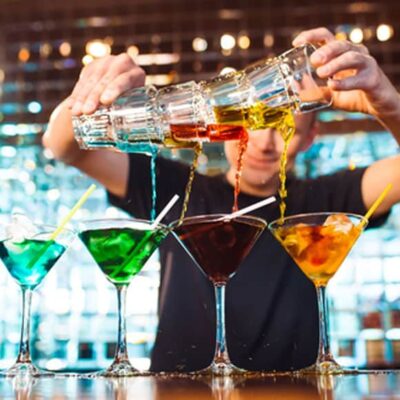
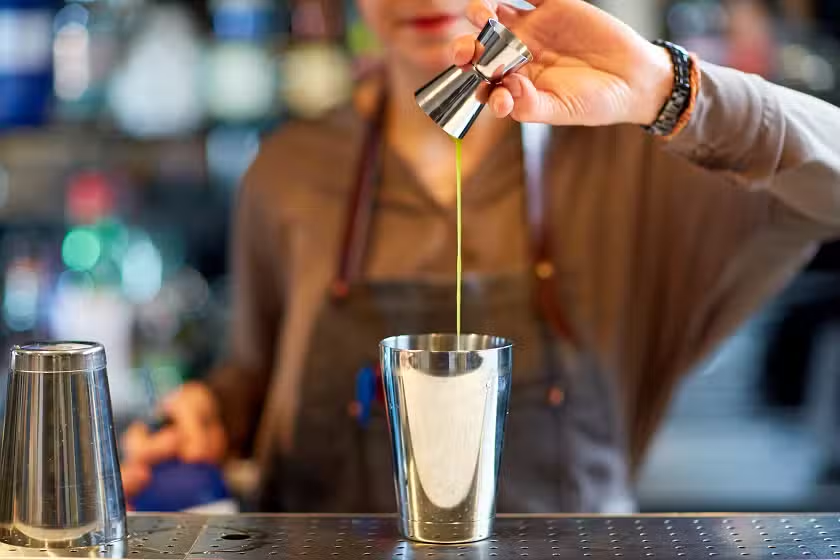
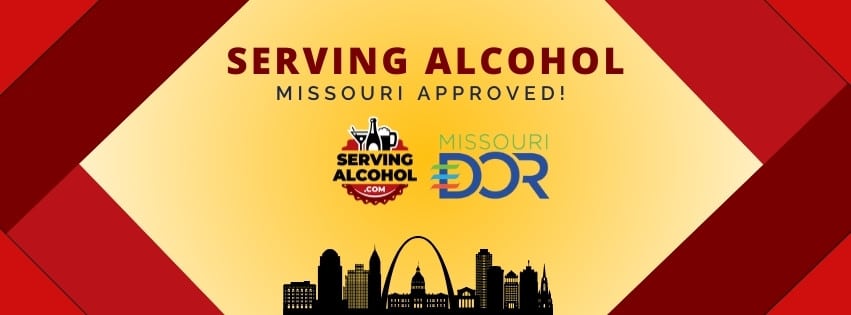
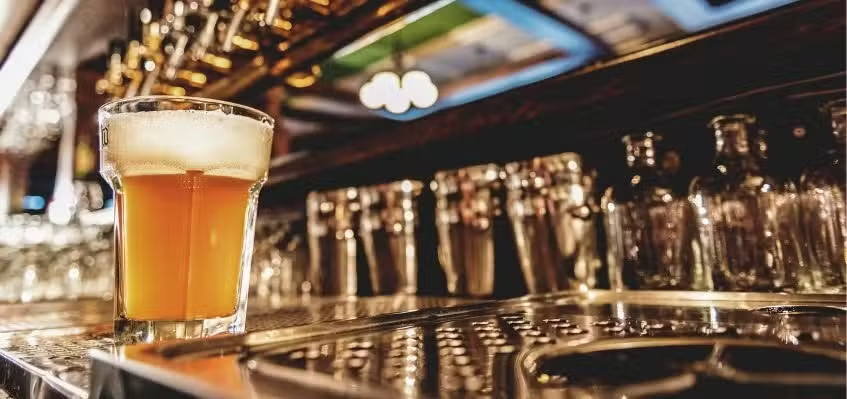
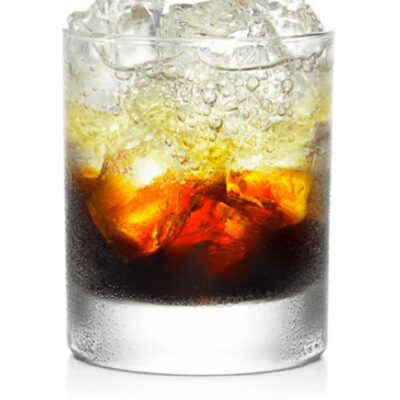
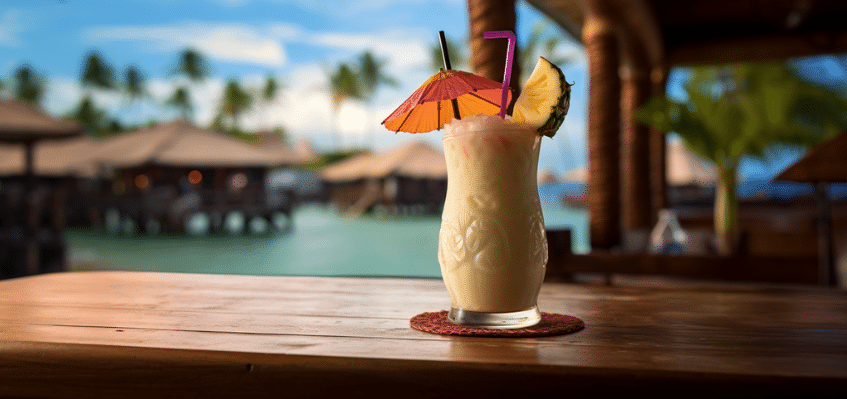
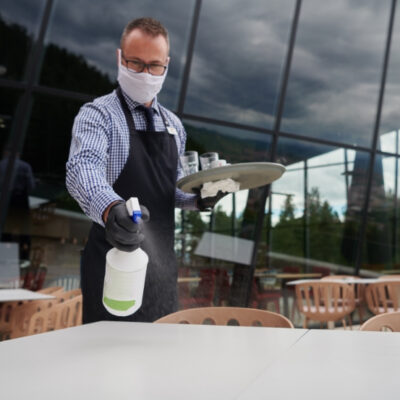

Feenan
Hello There. I discovered your weblog using msn. That is a very smartly written article. I will be sure to bookmark it and come back to learn more. Thanks for the post. I’ll certainly return.
Margie
Hello! I could have sworn I’ve been to your blog before but after browsing through a few of the posts I realized it’s new to me. Anyways, I’m definitely delighted I found it and I’ll be book-marking it and checking back regularly!
Nick
Can you privately sell a beverage you made containing alcohol to friends and family? i.e. apple pie in a jar
Alyssa
What’s the legality of giving away one free alcoholic drink to a patron (21+) in a commercial space? No alcohol/beer/wine is for sale on site. No purchase is necessary, limit to one drink, and they cannot leave the premises with said cocktail. Do I need to have a permit for that? Thank you!
Support
When it comes to applying for a liquor license, generally they are purchased from the city clerk’s office in the town or city that you choose. Always consult them first before purchasing an establishment to sell or serve alcoholic beverages.
Lee Ann
Can a bar in Wisconsin apply for an off-site permit to sell beer at another venue in Wisconsin?
Derrick Vanderaa
How did the law regarding sales times come into being? Why a 6am start?
Dana
If I sell alcohol to someone that’s over 21, but someone in their party is not of age, who is liable if the underage person received that alcohol?
Tech Support
Brianna, in Wisconsin, the minimum age to sell alcohol or serve it is 18 years old. Actually, in Wisconsin, a child of just about any age can legally drink alcohol as long as they are accompanied by their legal guardian. But, most local ordinances will trump the state laws and most will not allow it in their community. As far as working as an employee, by state law, they will still need to be 18 years old. But, the local ordinance may allow it though. Start by contacting the city clerk’s office in the town where the store is located. Only they can give you the true answer to your questions and, as a new owner, you will have to contact them for a liquor license to sell.
Brianna
Thinking about purchasing a small convenience store on our WI lake that sells alcohol. We will be looking to hire responsible people to help us run it. How old do the employees need to be to sell the alcohol? Is it different if it’s own of our own kids (she is 16)?
Tech Support
That is a good question. Technically, even though NA beer is labeled as having no alcohol, there is a small amount of alcohol in each bottle or can. It’s about the same amount of alcohol as if you set a picture of orange juice (real, fresh, and not homogenized) aside for a couple of weeks in your fridge. This question could only be answered by the city clerk’s office in the town or city where your place of work resides. It’s easy to find your city clerk’s contact email and/or phone number online through a web search to ask them.
Bob
Do you need to have a license to sell non-alcoholic beer, wine or spirits in Wisconsin? My place of work chose to not obtain a license this year and possibly going forward, but we had the thought about non-alcoholic beer and adding it to our menu.
Tech Support
In Wisconsin, yes, you can serve them alcohol. Ever state has different rules, regulations, and laws regarding the service of alcohol. So this is not true in all states. But, you must be absolutely sure they are over the age of 21.
Jennifer
If you know someone is over 21 but they don’t have an ID on them, can you still legally serve them or is it against the law?
talesoftravellingsisters com
Just wish to say your article is surprising. The clarity of this article published is nice. But I suppose you are a professional in this subject. With your permission, let me grab your RSS feed to stay up to date with approaching posts. Thanks a million and please carry on the enjoyable work.
Tech Support
The answer to your question about the manager and employees having a bartending license, depends on the state in which they are serving alcohol in. In Wisconsin, everyone who sells and/or serves alcoholic beverages must get Wisconsin alcohol certified. Each person must show the city clerk in the town where they are selling and serving alcohol their Wisconsin alcohol certification so they can get their bartender’s permit. Let the city clerk’s office know about the situation if you are certain that some or all the staff do not have their bartenders permit.
Vince
If a manager doesn’t have a bartenders license and is operating and doesn’t any employee with a license is that illegal? And if it is, is there a way to report it?
Tech Support
As for the new owner selling under your liquor license, in most case, absolutely not. But, that really depends on the city clerk in the town where your business is located. Only they can give you the correct response
Patrick
I have sold my business in Wisconsin last week. The new owner does not have a liquor license yet. Can he open the business and sell products under my license until he receives his? He wants to open April 14, 2022. We would have licensed staff on premise.
Tech Support
Interesting question. For the state of Wisconsin, usually they don’t approve bringing alcohol into an alcohol serving establishment. But, the local ordinance where the brewery is located might me ok with it. The city clerks office where the brewery is located has the final say on issues like this. If the brewery knows well in advance about bringing alcohol into their establishment, it might be ok. Consult with them as they will know if the local ordinance will allow it or not.
John
Can I bring outside wine, beer, or alcohol into a brewery taproom? For example, if someone in our group doesn’t drink beer, can they bring in a bottle of wine (provided the establishment is okay with it)?
Tech Support
That’s a good question. The answer is it depends on your state laws and the local ordinances for where you are located. In general, just about every state will allow you take a beer or 6 pack out of the bar if they were never opened. If you had opened the beer, no, most states and ordinances would not allow it.
Doug Robertson
Can I take a closed beer out of a bar?
Tech Support
No. Back in 1984, WI raised the requirement to 19 years old. The year after that, they changed it to 21 years old like most of the US. So, sorry.
Collin
I just moved in with my step brother that is 21 and I am 18. Am I able to drink in Wisconsin?